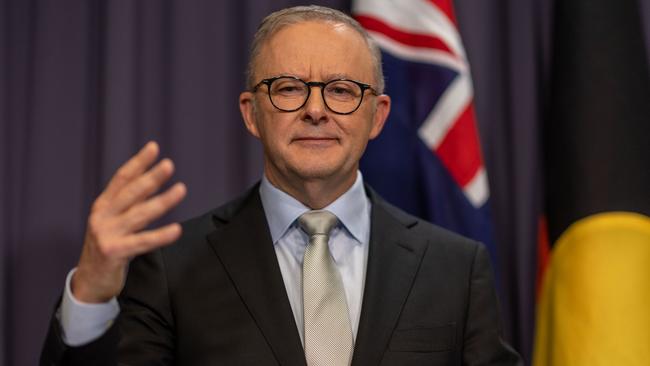
The Prime Minister is trying to ignore, downplay or ridicule legitimate concerns about the constitutional powers of the voice and how it will work and where it can intervene.
At the same time, he is trying to reassure Indigenous leaders, who believe an all-encompassing, unrestricted voice with the power to intervene in day-to-day, week-to-week public service decisions is the guts of the whole idea, that they will get what they want.
The two positions are irreconcilable and they are politically unsustainable.
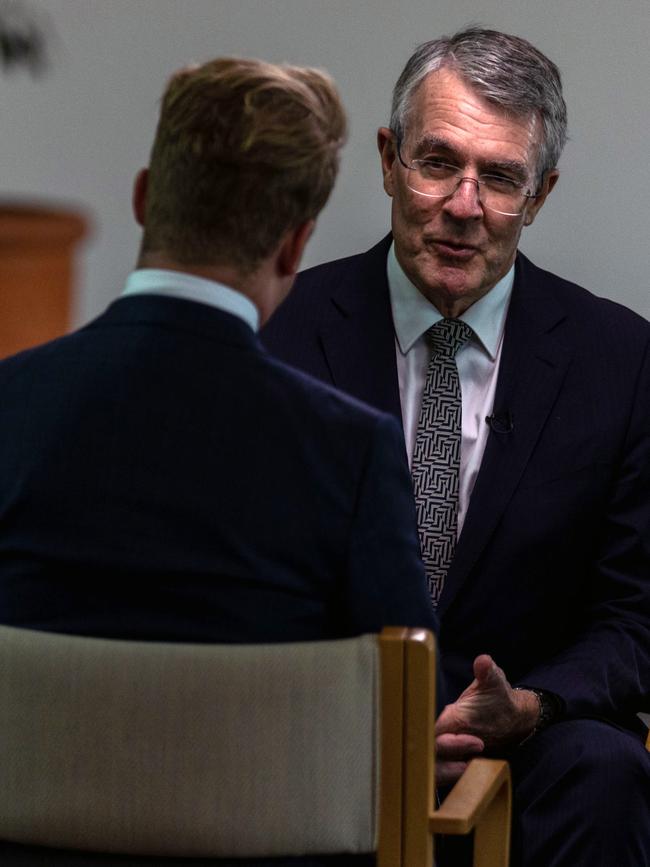
Albanese has also either misunderstood or misrepresented the so-called primacy of parliament and its ability, as he said on Wednesday, “to determine the operation, essentially, of the voice and what it considers”.
The primacy of parliament and its legislation can indeed govern and decide how the parliament and executive government – including commonwealth departments and agencies – respond to requests from representatives of the voice but the primacy of parliament cannot determine what a constitutionally enshrined voice to parliament can consider or restrict what the representatives of the voice can ask.
That is the point of putting the powers of the voice into the Constitution and is the manifest difference between a voice to parliament – such as in South Australia – which is legislated and open to the primacy of parliament and a simple line in the Constitution which is open to challenge and interpretation in the High Court.
While it’s a bit difficult to say – as evidenced by the need for a “justiciable” question to be asked twice in parliament – it makes a fundamental difference to the powers of the voice and how it operates.
Albanese and Attorney-General Mark Dreyfus insist the proposed referendum wording is “constitutionally sound” and the former has argued that those raising fears about challenges in the High Court are fearmongers.
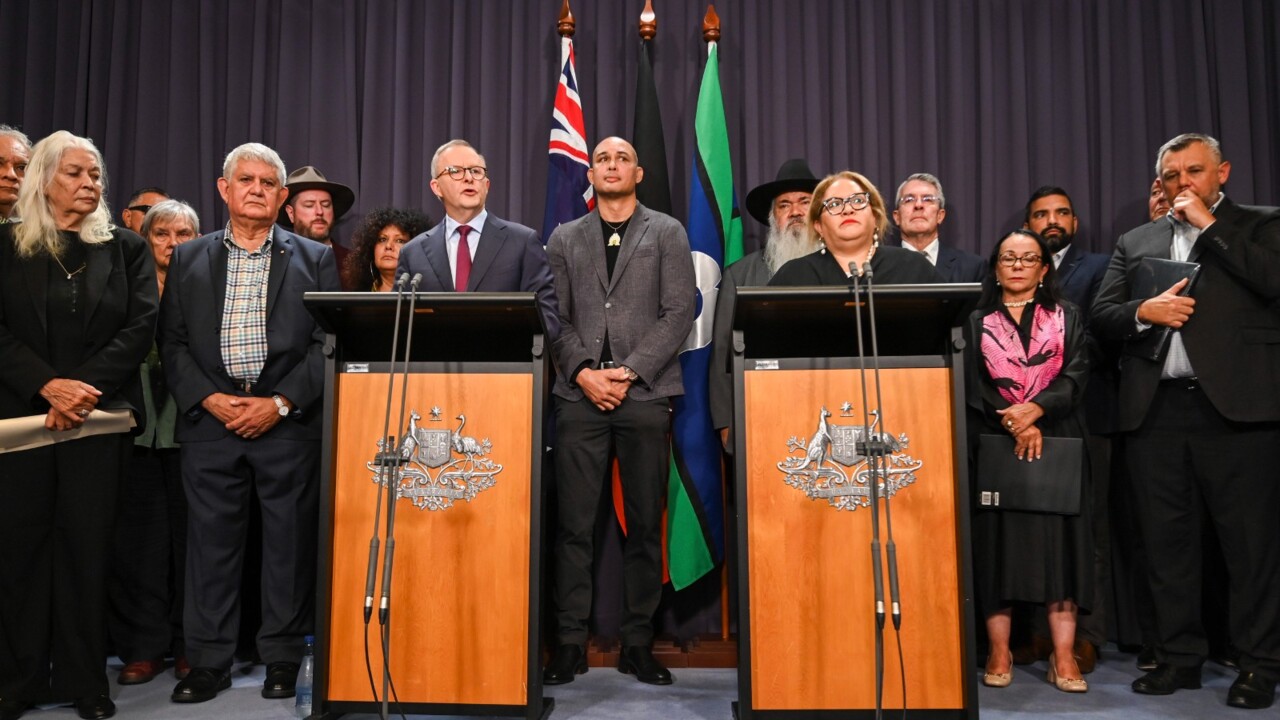
Yet time and again, as late as question time on Wednesday, Albanese has refused to answer the question as to whether issues affecting the voice can be taken to the High Court.
What’s more, he has cited constitutional experts and former High Court judges to say there is no threat of the public service being bogged down or facing legal challenges because “The wording that is being put forward is very clear”.
Albanese criticised “sections of the media” for not supporting the voice and called on working journalists to “report on” the potential positive outcomes of a voice to parliament. After a few days of confusion and contradiction, he refined his political message as Labor prepared to introduce the legislation on Thursday to frame the wording and principles of the referendum. He wanted to clarify the argument and sharpen the political impact.
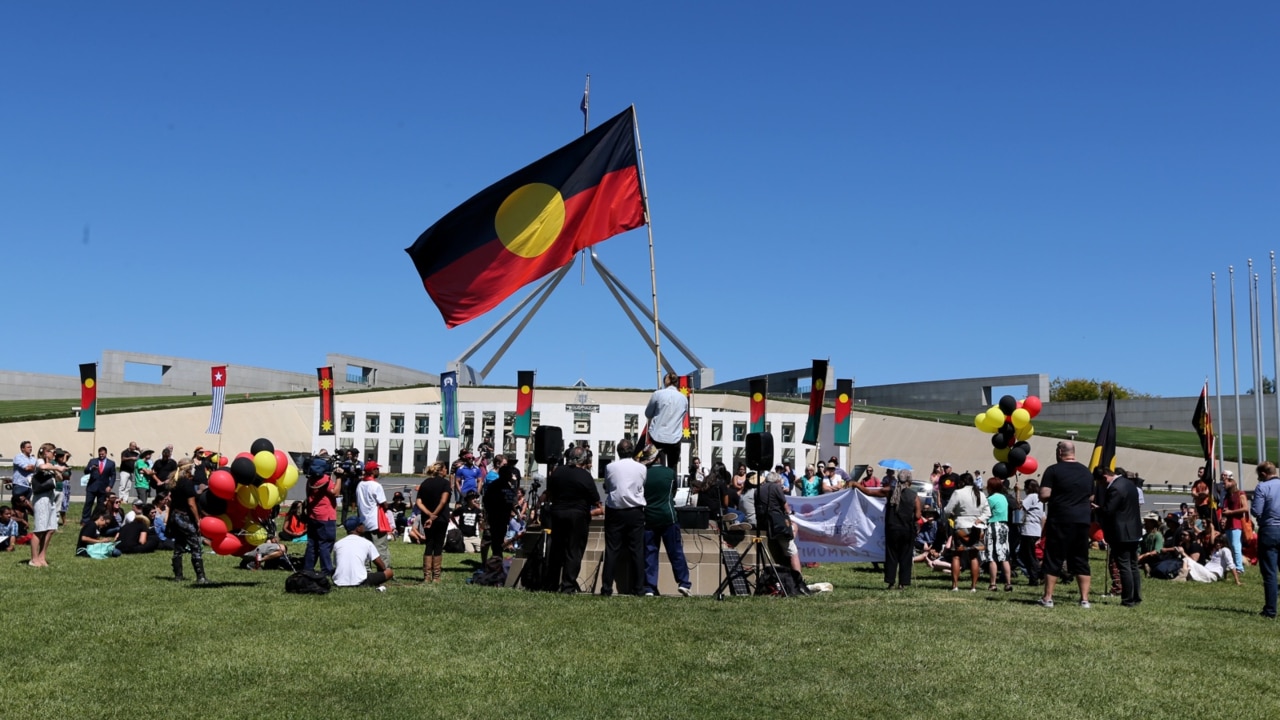
Yet by continuing to avoid detailed questions, defying the logic of constitutional arguments and relying on emotional support for the Yes campaign, he has blurred the margins and blundered in his claim of parliamentary control over what and who the voice can ask for consultation.
The nub of Albanese’s refined argument is that the proposal is not radical but “a modest and conservative” plan; that parliament will have “primacy” and determine “essentially the operation” of the voice; that the media needs to support the referendum; that it’s “pretty close” to what now opposition legal affairs spokesman Julian Leeser proposed seven years ago’ and that critics of the proposed words are “scaremongering” and playing word games.
Unfortunately for some of the supporters Albanese has called out as backing his primacy of parliament argument, the great bulwark to smothering day-to-day government in some co-governance nightmare is not sustainable.


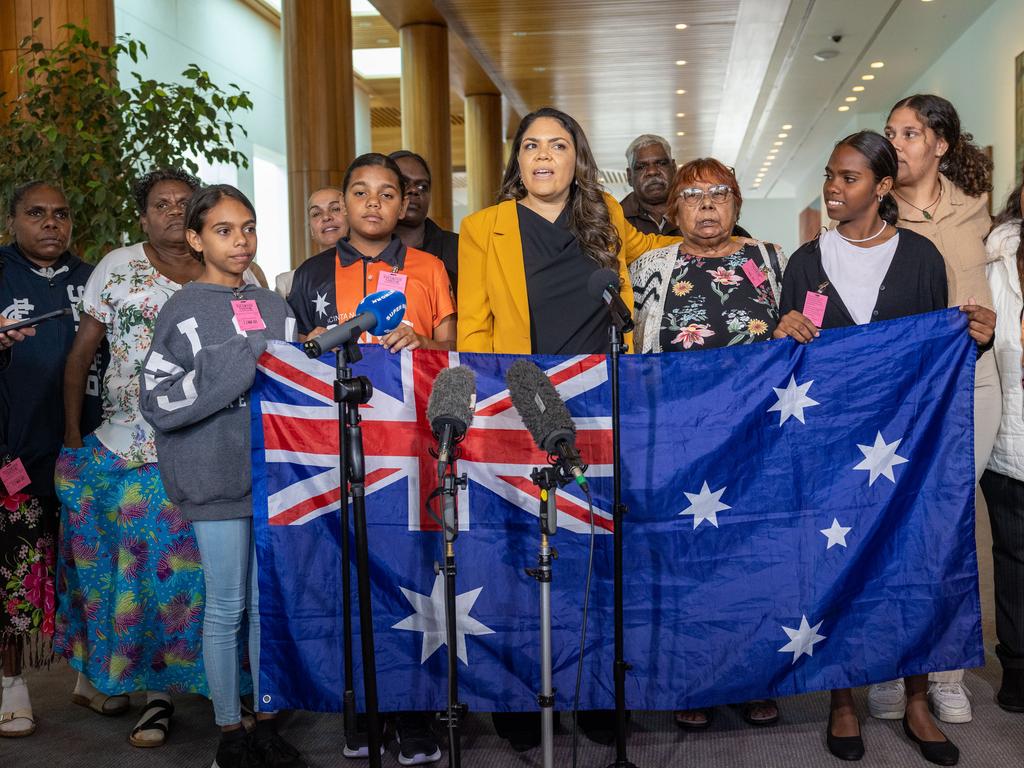
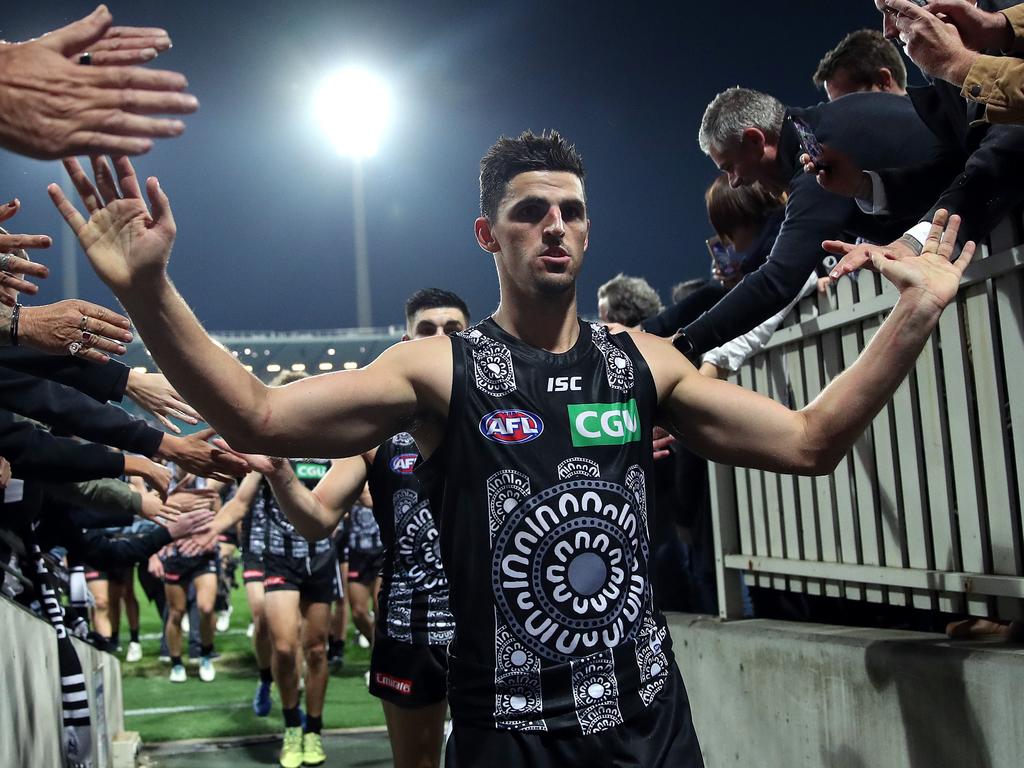
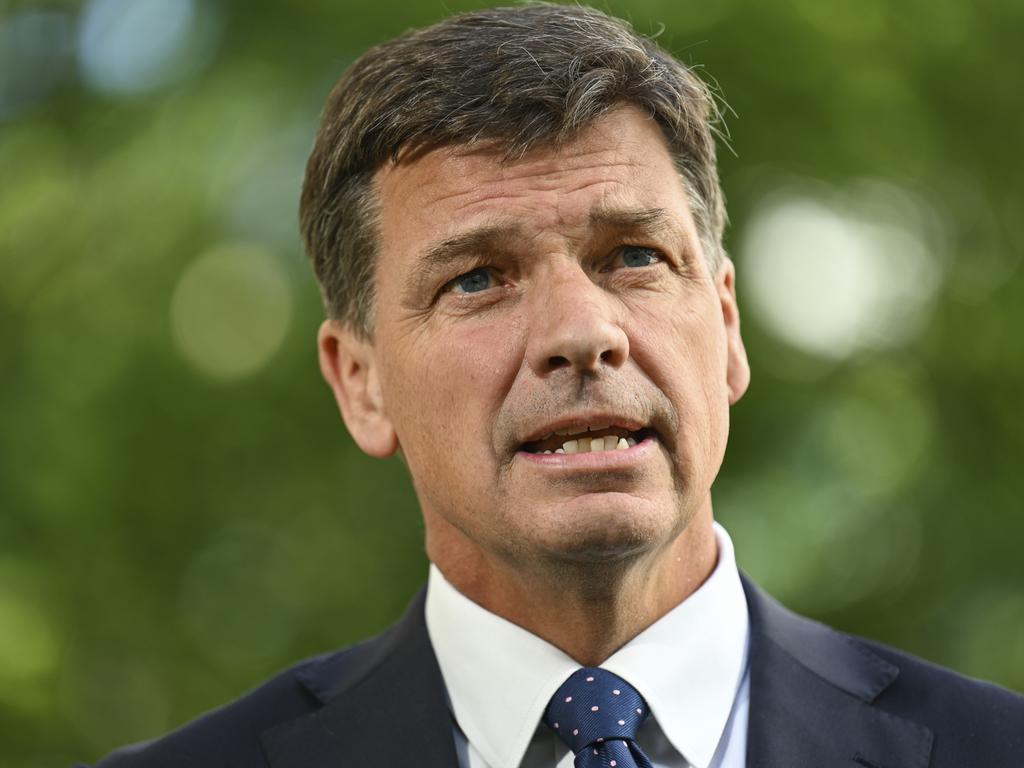
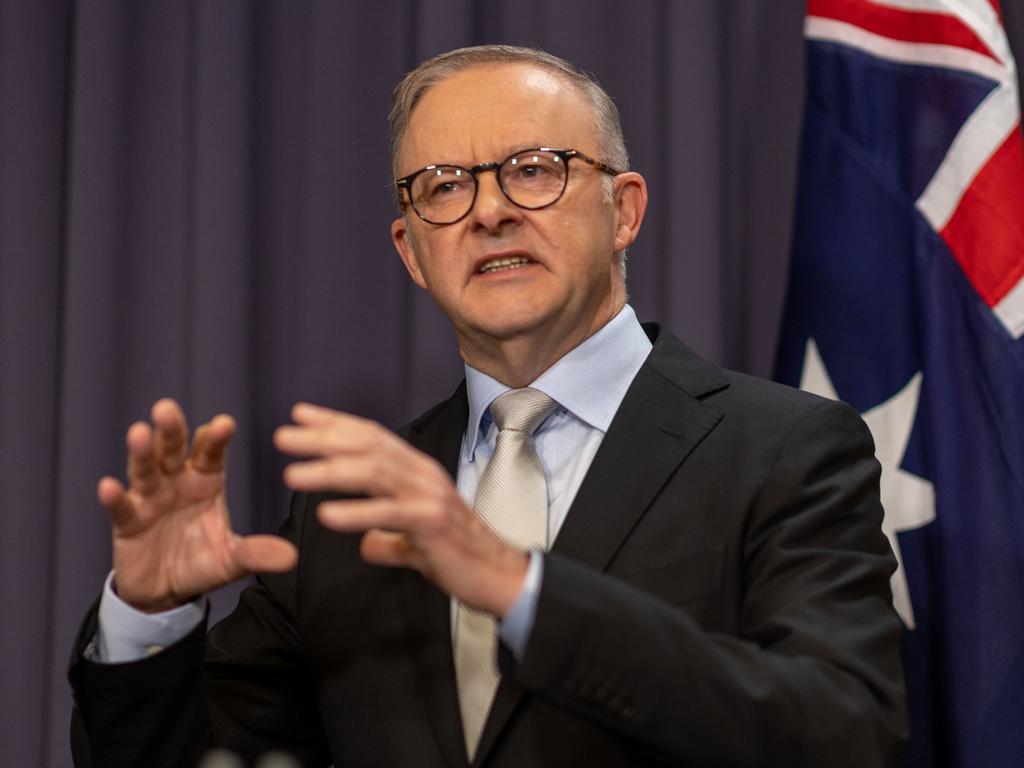


Anthony Albanese’s belief that emotion and goodwill from people towards Indigenous Australians will carry the voice to parliament is leading him into serious mistakes and errors of judgment.